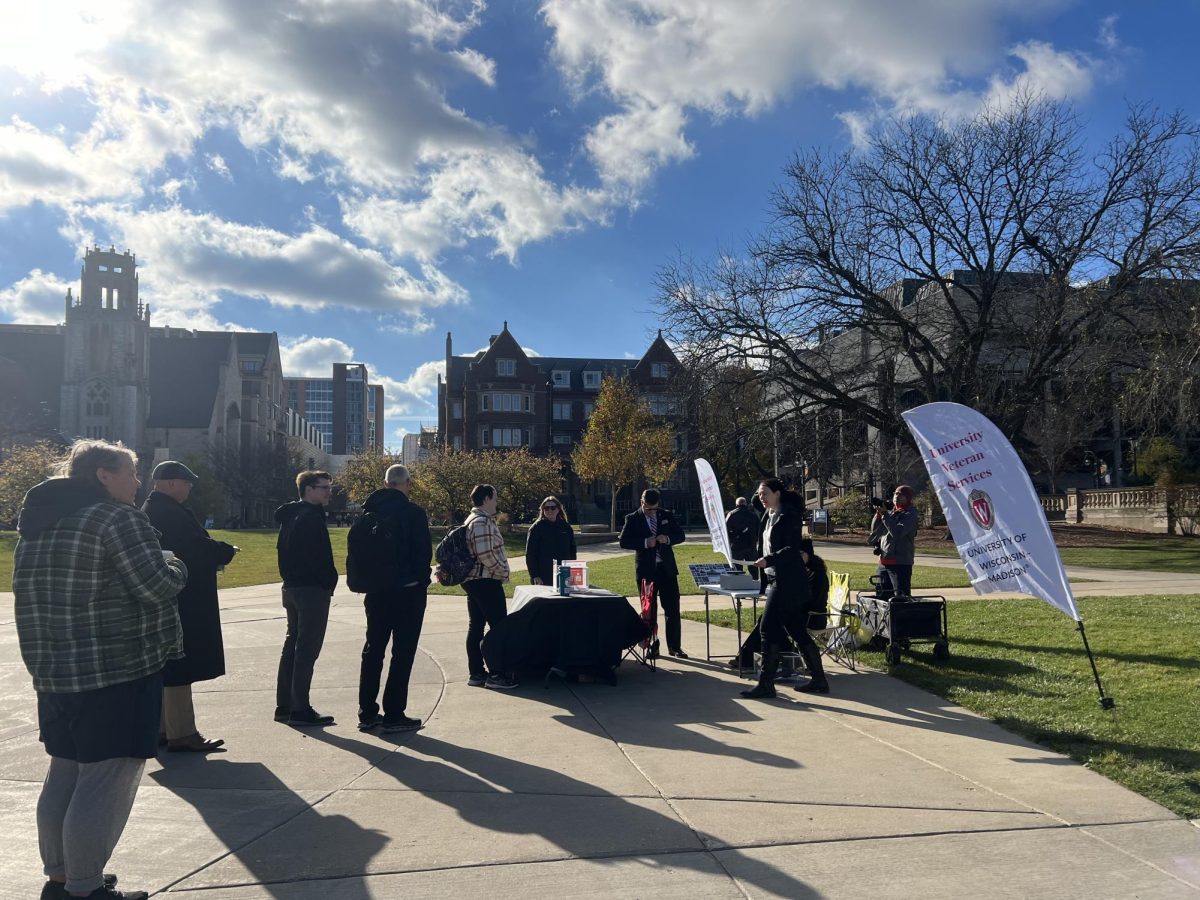The 1960s in Madison was a time when folk icon Bob Dylan could be found hanging out at local coffee shops.
Dylan, most known for his anti-establishment lyrics, felt at home amongst the students at University of Wisconsin, whose protests of the Vietnam War led to rioting and police violence not unlike today’s national headlines, William Gates, a 1973 graduate of UW, said.
In 1969, this heated political climate served as an incubator for The Badger Herald. At the time, the Daily Cardinal, founded in 1892 and named after the university’s colors, was the sole publication on campus.
The Badger Herald founder and first Editor-in-Chief Patrick Korten declared the “end” to the Daily Cardinal’s monopoly with the first print edition September 10, 1969. The publication was meant to be an experiment.
“Seventy-Seven years is enough,” Korten wrote in the first editorial. “It is time there was a truly ‘independent’ student newspaper at Wisconsin, one which competes in the open marketplace, and must make its editorial and business decisions on the basis of that competitive market. A newspaper is not truly worthy of the name until it is clear of the artificially protective and restrictive atmosphere of ‘official student newspaper’ status.”
The Badger Herald first got its footing through behind-the-scenes funding from editors at Reader’s Digest, according to David Maraniss’s best-selling book, “They Marched into Sunlight.”
Maraniss describes the arrival of the newspaper as “another sign of the conservative reaction.” At its start, the Herald served as an alternative to the “leftish Cardinal,” known for its right wing editorials.
The Badger Herald eventually surpassed the Daily Cardinal in print circulation numbers, Maraniss said.
Since its start, Heralders have gone on to carry the legacy in various fields. Korten later became spokesman for the U.S. Department of Justice during President Ronald Reagan’s era and another former EIC Joel Christopher went on to work as digital editor for Gannett Wisconsin Media.
Former Herald Sports Editor Robert Schwoch, the School of Journalism and Mass Communication’s lecturer and undergraduate advisor, remains involved with the organization as a board advisor. Katy Culver, a former editor at The Badger Herald, returned to UW and now works as an assistant professor and associate director at the Center for Journalism Ethics. Culver even met her husband at the Herald.
This legacy lives on in current staff. Maddie Sweitzer, the current Opinion Editor at The Badger Herald, was encouraged to join the newspaper by both her parents, who also met while they each worked at the paper.
“My parents got together on the night of the first daily edition of The Badger Herald. She was in the advertisement department and he was in sports,” Sweitzer said. “They had sent the registration issue to print and ended up dating after the party that followed. Four years later they got married and a few years after that I came along.”
Today, The Badger Herald continues to experiment in its coverage and service to the campus community. Most recently, the newspaper shifted from a daily print publication to producing a biweekly print edition while transitioning to a digital-first media outlet. As for the next 45 years, only time will tell.













